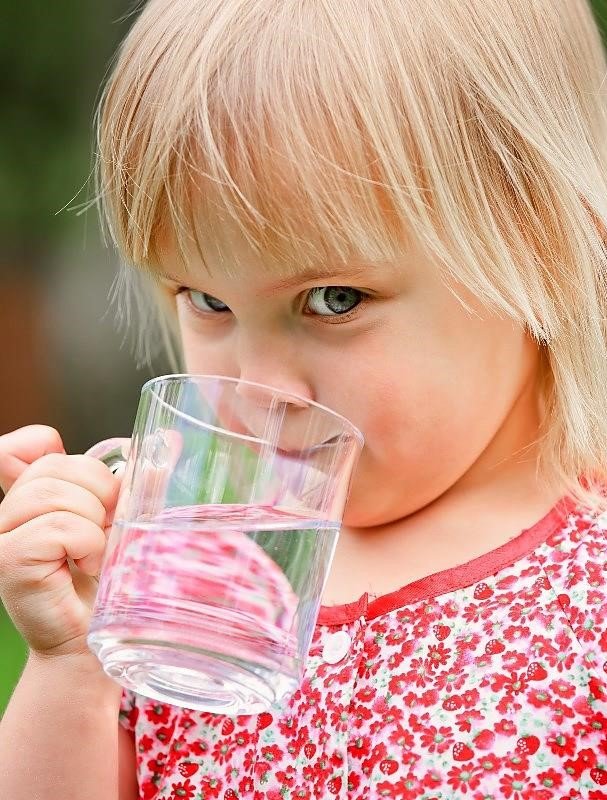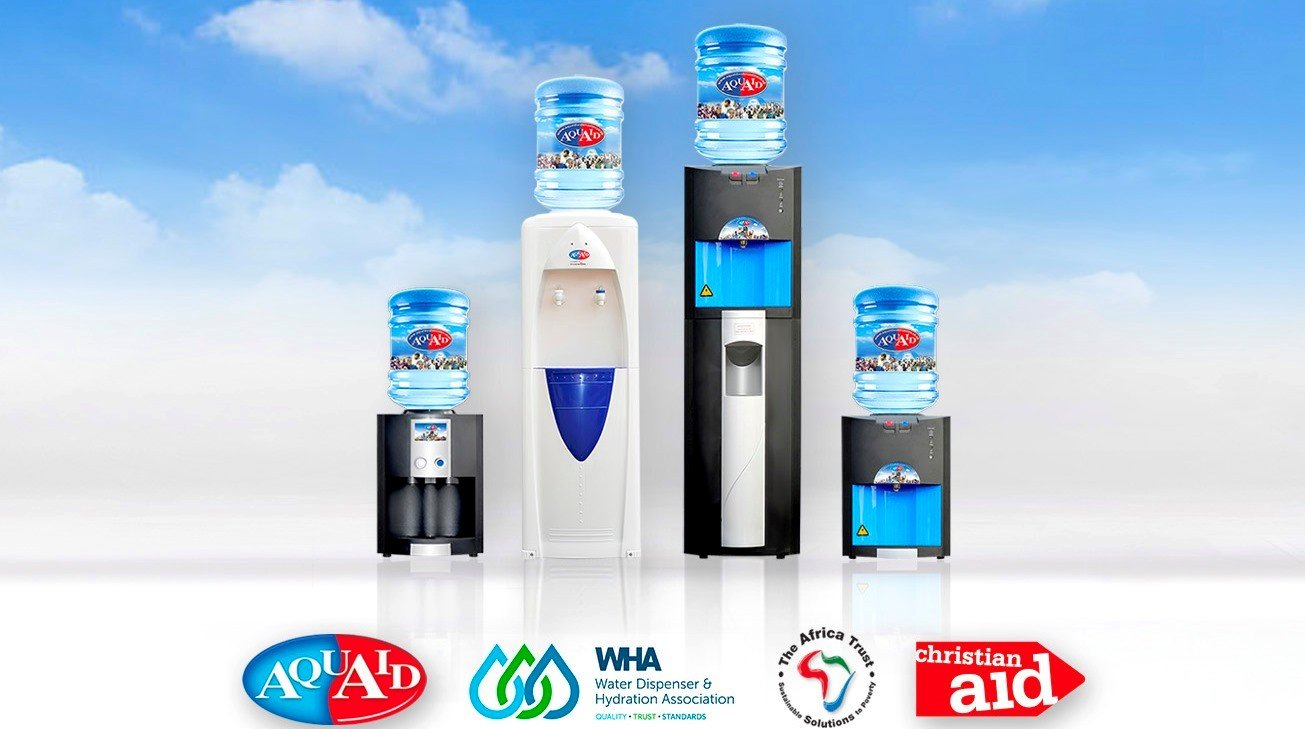
by Fern Shaw | Jun 24, 2020 | bottle fed water coolers, water cooler, Water Coolers, water dispenser
It is no surprise that teaching our children to drink water more may appear a task easier said than done. However, as many adults, parents and teachers know, there is a secret weapon in our arsenal. It stems from a well-known phrase: lead by example. It may seem rather tired and a bit worn out nevertheless, it is true and it is effective.
How?
Children often emulate adult behaviour, especially those adults with whom they have daily interaction. If you as the carer of a child are seen to drink water regularly, it is more probable that a child will be better encouraged to do the same, instead of merely telling the child to drink water without any example shown.
Why?
The results from a great deal of research, including a recent study at the University of East London , show that children are better able to concentrate, retain information, take part in activities and are able to better function overall the more hydrated they are.
Method?
Uninterrupted access to refreshing spring and filtered water – maintained at a pleasing ambient or chilled temperature – all at the press of a button. With more than 22 branches nationwide, this is easily achieved by installing a water cooler from AquAid.
Benefits?
Healthier and happier children of course. With AquAid, there are added benefits and these are at no additional cost to your school, academy, college or university.
For each Mainsfed Water Dispenser we install, a portion of that revenue is donated to charities. Charities such as Christian Aid the AquAid founded Africa Trust. These donations are utilised to implement clean water resources where they are needed most, like in schools and villages, in countries throughout Africa. At AquAid, we understand that helping others is key component to a healthy and strong organisation as is attested by our collective 30 years of supporting these charities.
If you would like to know more about installing a high-quality Mainsfed or Bottlefed Water Dispenser or Indoor Water Fountain, contact us.

by Fern Shaw | Jun 4, 2020 | bottle fed water coolers, water cooler, Water Coolers
As with all our bottled water products, AquAid provides Bottled Water Coolers and water filtration that ensure you are drinking only the finest fresh water available, drawn from three sources around the United Kingdom.
Our bottled water is pure and filtered to remove any harmful chemicals and bacteria, leaving you feeling healthier and refreshed. Many water-processing plants use dangerous chemicals to purify their water, but AquAid do not. Our water is as clean as nature intended it to be.
Bottled Water Coolers are the perfect solution where portable water or a mains water supply is unavailable.
A Bottle-Fed Water Cooler is ideal for placement in any workplace and for any size of staff contingent. These free-standing coolers are easy to move to a new location within the organisation should this be required.
Another benefit of having a Bottle-Fed water cooler is easy access to a source of proper hydration at all times. Tests have shown that a drop in body fluids can lead to poor mental and physical performance of up to 30%. Having access to fresh water and being able to replenish your water throughout the day will ensure that you are never thirsty, and that you are always able to perform at your best.
There is a reduced environmental impact. Our water bottles are collected, thoroughly cleaned, sanitised and re-used multiple times. Once spent, they are granulated and re-cycled in an ecologically friendly manner.
As we have branches throughout the United Kingdom, our bottled water delivery is quick and efficient. We also offer an urgent water replenishment service.
Installing a Bottled Water Dispenser from AquAid not only means a healthier and hydrated you, but also the opportunity of the delivery of life-changing safe water for those in need. For each bottle of water supplied, a donation is made to the charities that AquAid have supported for more than 20 years. These donations are at no additional cost to our customers.
No matter what sort of water cooler you are looking for, at AquAid we have the perfect solution for you. Have a look at our easy-to-navigate website for the full range of water coolers that we offer for your convenience and continued health and hydration.

by Fern Shaw | May 29, 2020 | Water Coolers
At present, it’s understandable that we may crave comfort food and drinks. The quick fix from salt and sugar loaded food and drink is undeniable, so even while you’re attempting to stay better hydrated, you may be ingesting dehydrating substances without even realising it.
Sodium is a big culprit
When you eat salty foods, your cells tell your brain that you’re thirsty. Examples of foods high in salt are fast foods, potato crisps, tinned foods, deli meats and condiments like tomato ketchup, brown sauce and sweet chilli sauce.
Sugary drinks also contribute
Much like salty foods, sugary drinks also tell your brain that you’re thirsty. Try to avoid these – fizzy, energy and sports drinks as well as over sugared coffees and cocktails.
Instead of eating and drinking these dehydration-inducing foods and beverages, drink more water and add these top superfoods to your diet for optimal health and antioxidant levels.
Blueberries
Yielding antioxidants, vitamin C and anti-inflammatory properties, a handful of these berries daily can do wonders.
Fatty fish
Fatty fish with omega-3s include salmon, herring, sardines, and mackerel. Make sure that you only buy fish off the endangered list. A good guide to which are sustainable and safe fish to buy can be found here.
Soy
This does not mean using enough soy sauce to turn your sushi rice another colour. Soy sauce has a high sodium content. Clean and simple soy is recommended. Soy in this category includes tofu, soymilk and edamame. For the curious, edamame are green soybeans boiled or steamed in their pods.
Fibre
There are a variety of great options for getting more fibre in your body:
- Beans. Think three-bean salad, bean burritos, chilli, and soup.
- Whole grains. That means whole-wheat bread, pasta.
- Brown rice. White rice doesn’t offer much fibre.
- Popcorn. It’s a great source of fibre.
- Nuts. Almonds, pecans, and walnuts have more fibre than other nuts.
- Baked potato with skin. The skin’s important here.
- Berries. All those seeds, plus the skin, give great fibre to any berry.
- Bran cereal. Actually, any cereal that has 5 grams of fibre or more in a serving counts as high fibre.
- Oatmeal. Whether its microwaved or stove-cooked, oatmeal is good fibre.
- Vegetables. The crunchier, the better.
With all this talk about salt, it’s quite likely you’re now thirsty, so to help, here are a few thirst-quenching alternatives that are not only good for you, but will tamp down on your dehydration quickly:
Tea
The antioxidant powers of tea are present in both black and green tea. Moreover, you’re drinking water when you drink tea, minus all the sugar you would be when consuming fizzy drinks.
Calcium-rich
The health-conscious tend to stay away from dairy products for fear that they contain fat, but calcium is necessary for the body. If you’d rather not consume cheese and milk, take a calcium supplement.
Water
As always, the simplest and quickest route to maintain good hydration is to drink water more. To gauge how much water you should drink, refer to AquAid’s handy guide to start you off.
*updated from a blog post Jan 2013

by Fern Shaw | Apr 22, 2020 | aquaid, bottle fed water coolers, water cooler
Social media has played a huge part in communicating with and connecting people over the last few months.
Posts, videos, memes, all exhorting individuals as to what they could do while practising self-isolation. Everything from downing raw eggs (can you say salmonella) to playing tennis across rooftops (which we quite liked, truth be told). We are being bombarded with so much information it can be overwhelming, so, whereas here at AquAid we’ve decided to add to the pile, we like to think you may find our to do (or not do) list easy to digest:
- If you’re lucky enough to have a pet, pet your pet. Often. There’s nothing quite as recuperative as communing with a furry creature who adores you. (Or scaly, or feathered if that’s the way you roll, pet wise).
- Drink water more. Make sure there’s always fresh water for above-mentioned pet.
- Remember the oxygen mask deployment rules when flying (slight paraphrase here): take care of yourself first so that you are better able to help others.
- A prime example of taking care of you is to remember to drink water. Properly hydrated equates to you being better equipped to perform – no matter the task.
- Bend your knees. Whether you’ve decided to completely re-landscape your garden; spring clean your entire dwelling; re-arrange your furniture or stoop to blow that dust bunny back under the sofa – bend your knees.
- You guessed it. Irrespective of your level of lockdown activity, hydrate. Then hydrate some more.
If you require a water dispenser, your Bottle-Fed water cooler topped up or bottled water delivery wherever you are, remember that here at AquAid, we continue to operate responsibly, including maintaining social distancing and our customers not having to sign for bottled water deliveries.

by Fern Shaw | Mar 10, 2020 | water boiler, water cooler
Now that March has arrived, it would be nice to believe that spring isn’t too far off (and it isn’t that far as the new season arrives officially on the 20th of March).
As we Britons are used to radical weather patterns whatever the season, it’s no surprise that the topic remains at the forefront of our communication. Whether (ha) we’re topping up our water at the water cooler station at work i.e. chatting to colleagues (not the water cooler, although should you wish to, please, feel free – even a water cooler can benefit from some attention) or chatting with family or friends or indeed, speaking to strangers.
Irrespective of our opinion about the topic of the weather, there is no denying it has a huge impact on our behavioural patterns; moods; what we eat; our travel patterns; what we wear and what we drink.
Although we may not think about how different our drinking water patterns are depending on our environment, they very much are. When it’s warmer we tend to exert ourselves more and are always on the lookout for the perfectly chilled water, while come the colder months there’s nothing better than a piping hot drink to stave off the chill. This usually means you are more likely to be on the lookout for a hot water boiler that can dispense a constant supply of hot water throughout the day.
If you’re prone to drink more water when it’s warm and less when it’s cold – a gentle reminder that you’re just as likely to become dehydrated in winter as you are in summer, so remember, whatever the weather, make sure to have AquAid address all your hot & cold water cooler requirements. We are always happy to help.





